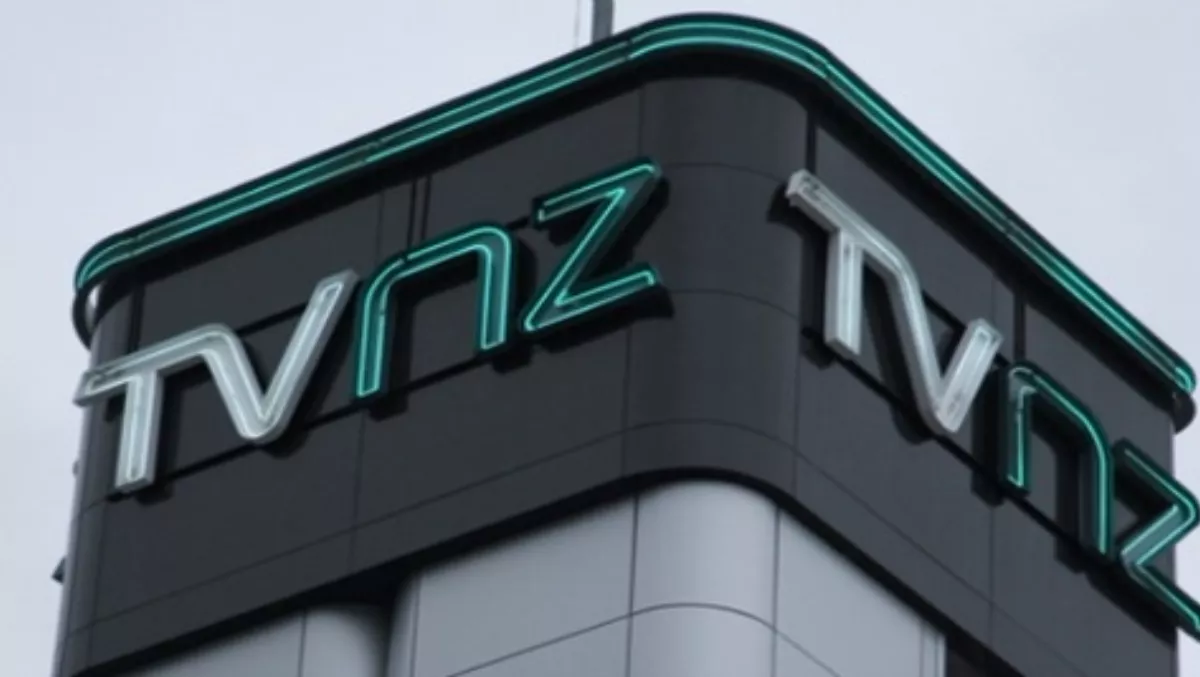
Television NZ expects to resume dividends in 2016, pick up in ad revenue
Television New Zealand, the state-owned broadcaster, expects to resume dividend payments in 2016, having gained approvals to halt payments in fiscal 2014 to halt payments while refurbishing its main building on Auckland's Victoria St West.
The government has foregone dividend payments of about $22 million in total in the past two years to allow TVNZ to overhaul its main building, consolidating all its workers onto the single site, after the broadcaster agreed to sell two other sites to SkyCity Entertainment Group for $10.6 million. That property deal gave SkyCity the land it needed to build a convention centre for the government in exchange for increased gambling concessions.
Chief executive Kevin Kenrick told the parliament's commerce committee that his expectation is for stronger demand for advertising in the six months ending June 30, after a drop in ad revenue in the first half contributed to a 5 percent decline in profit. He said the general election last September had contributed to weaker first-half ad sales.
TVNZ was quizzed by the committee on its investment strategy, which saw it spend $18 million on a stake in the TiVo business operated by Hybrid Television Services and $12 million on pay-TV Igloo joint venture with Sky Network Television, only to exit the investments. The company had reviewed both investments and passed its conclusions to the Treasury but hadn't made the work public.
Kenrick said TVNZ operated in a dynamic and fast-changing industry and it needed to look for ways to expand from its core broadcasting business. "Our focus is on being a video content provider and we're increasingly agnostic about the platform."
"We've got a very significant and strongly performing TV business and we're investing in alternative businesses and seeing which ones play out," he said. TVNZ's on-demand service "has been a stunning success."
The company was asked how much of a threat the arrival of US-based Netflix posed to its business. Kenrick described Netflix as "a very viable competitor."
"The challenge is managing the shift from linear TV to on-demand," he said. "The difference between us and Netflix is that it has a library of old content and we focus on new content. And we're free-to-air."
National MP Judith Collins asked what TVNZ was doing about gender equality after its ill-fated and quickly pulled online beauty contest among its blonde-haired, female presenters. She said Googling the phrase "TVNZ blondes" showed "the battle still goes on."
She asked what commitment TVNZ's board and executives could give to staff "to not have an environment where women feel picked on the colour of their hair or the length of their skirt."
Kenrick said he accepted her concerns. The battle of the blondes had been an idea of a relatively new staff member and the company was proud of its gender diversity, with 45 percent of employees female. "I accept your criticism, I think it's valid," he said.
Labour MP Clare Curran asked TVNZ chairman Wayne Walden whether he thought it appropriate that Kenrick's salary had jumped to $1 million in 2014, from $730,00 a year earlier, given workers are typically getting small or no pay rises and MPs have agreed to accept a lower-than-recommended pay increase.
Walden said the pay was set on the basis of independent advice and with the idea of being able to compete "for top people for these positions." The jump in pay in the latest year also reflected that the 2013 salary was just base pay and the incentive component didn't get picked up until the following year.

